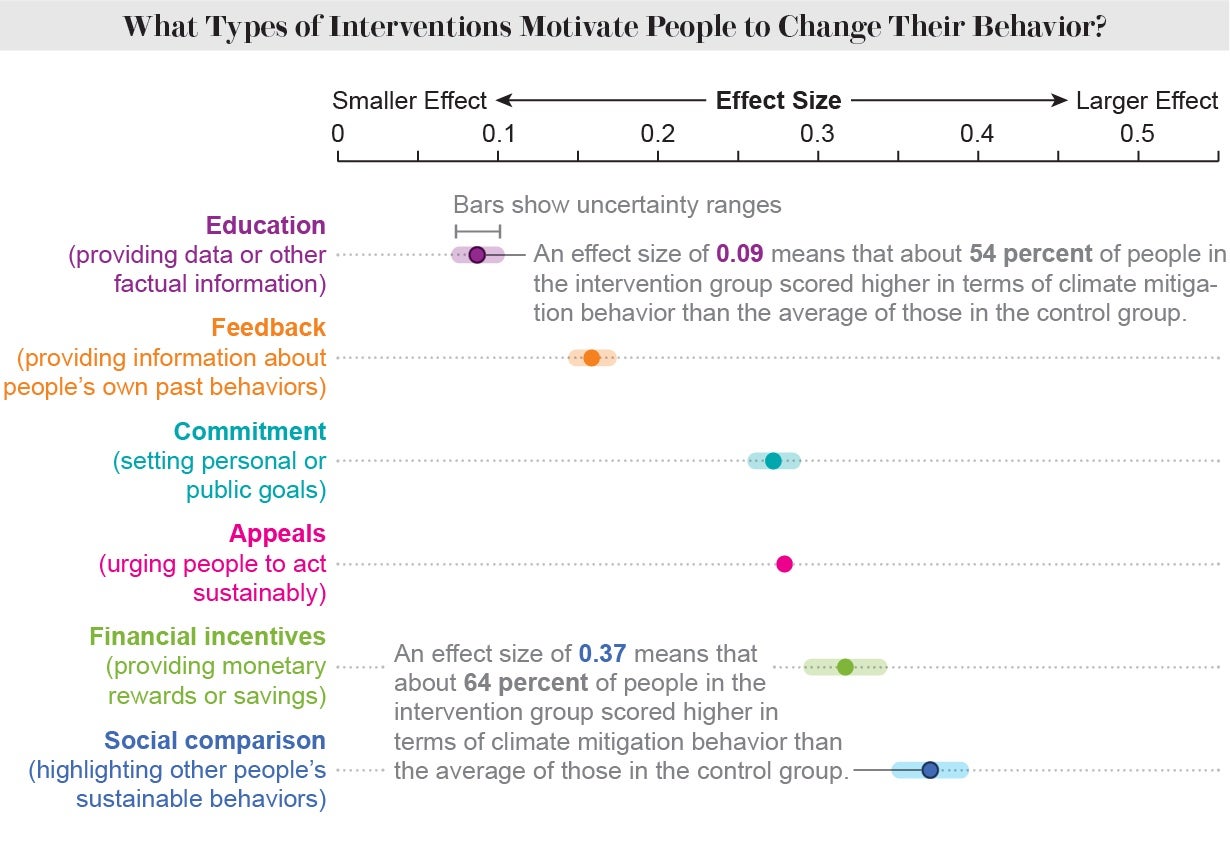Essay by Tim Harford: “Criminal justice has always been a source of knotty problems. How to punish the guilty while sparing the innocent? Trial by ordeal was a neat solution: delegate the decision to God. In the Middle Ages, a suspect who insisted on their innocence might be asked to carry a piece of burning iron for a few paces. If the suspect’s hand was unharmed, God had pronounced them innocent. If God is benevolent, omnipotent and highly interventionist, this idea works. Otherwise this judicial ordeal punishes innocent and guilty alike, inflicting harm without sorting good from bad.
Suella Braverman, the UK’s home secretary, and her “dream” of deporting asylum seekers to Rwanda, is an eerie 21st-century echo of a medieval idea. In a way, the comparison is unfair to the medieval courts. Judicial ordeals really were designed to solve a policy problem, while the government’s Rwanda rhetoric is designed to deflect attention from strikes, NHS waiting lists and a stagnating economy.
But in other ways the comparison is apt. Deporting migrants to Rwanda, or similar deliberate cruelties such as separating parents from their children at the US-Mexican border, might well be expected to deter some attempts to enter the country, while those fleeing murderous regimes would come regardless.
Many people, myself included, draw the line at “deliberate cruelties”. But public policy is full of ordeal-like interventions: long waits, arduous paperwork and deliberate stigma are all common policy tools. The economist Richard Zeckhauser of Harvard defines ordeals as “burdens placed on individuals which yield no benefits to others” and argues that such burdens can sometimes be an effective way of ensuring scarce benefits are targeted only to worthy recipients.
But do these ordeals really select the most deserving? Carolyn Heinrich, professor of public policy at Vanderbilt University, has studied South Africa’s Child Support Grant, with a series of bureaucratic ordeals requiring bewildering paperwork and long waits. The families who struggle with these ordeals are those who face longer journeys to the benefits office, or have a limited grasp of bureaucratese.
Heinrich found that because of these arbitrary distinctions, many families received less support than they were entitled to. Most interruptions to benefit payments were errors, and the children in the affected families would become adolescents who were more likely to engage in crime, alcohol abuse or risky sexual behaviour. The ordeal harmed the innocent, undermined the goals of the support grant and seems unlikely to have saved public funds.
Some ordeals are the result of incompetence, such as badly designed forms, or underfunded public services…(More)”.

